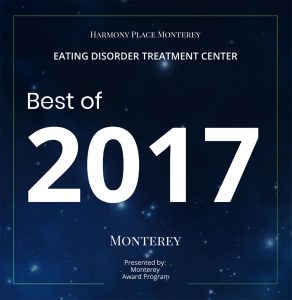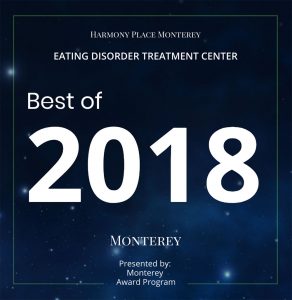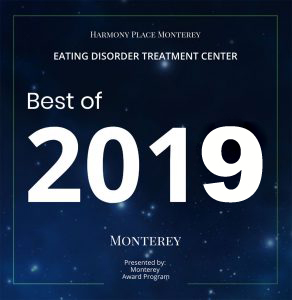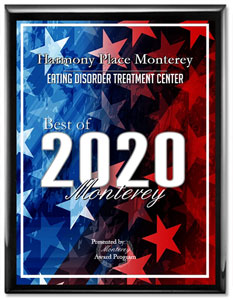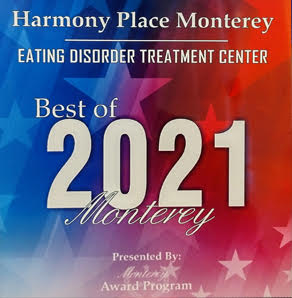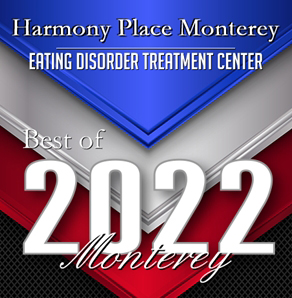PRESENTED BY: MARK F. SCHWARTZ, D.Sc. and LORI GALPERIN, LCSW
AIRED: FRIDAY APRIL 21 2023
CES: 2.0
CEs: 2.0 with the completion of the online Evaluation Form
2.0 CEs provided with the completion of an online evaluation form. This workshop provides 2.0 CEs. Application made to CEPA for specified hours of Continuing Education Credit for MFTs, LPCCs, LEPs, and LCSWs as is required by the California Board of Behavioral Sciences.
FOR 2.0 CEs, WATCH VIDEO and COMPLETE EVALUATION FORM >>
POWERPOINT PDF FOR DOWNLOAD >>
ACADEMIC PAPER by DR. MARK SCHWARTZ and DR. STEPHEN SOUTHERN >>
JOIN OUR LIST OF PREFERRED PROVIDERS, Collaborate with Harmony Place Monterey >>
ABSTRACT
Intimacy and Intimacy Disorders — from the Lens of Avoidant Attachment
The Cornerstone of Recovery from Mental Illness and Addiction
We, as an industry, are beginning to describe intimacy disorders and Disorganized Attachment (DA).
The most accurate predictor of intimacy disorder is a history of Disorganized Attachment (DA)., which starts in infancy. This occurs when the parent the infant is needing to bond with is also an object of fear, abandonment, rejection, and pain.
Disorganized Attachment (DA). is at the root of most psychopathology and addictive disorders, since the individual is unable to turn to others as a resource for soothing and comfort and is instead perpetually left feeling alone and empty, attempting to fill the hollowness with “something,” as in working or any other external source of relief or escape, such as food, sex, gambling, alcohol, or drugs, to name a few.
The cornerstone of (DA). is the absence of a cohesive sense of self, expressed as “I don’t know who I am,” or, “I don’t know what my life is about” and “I seem to be a different person in different situations – like some kind leaf blowing in the wind.”
What are the manifestations of intimacy disorder? And what are today’s leading and most comprehensive strategies for real and sustainable repair? Why has behavior modification and symptoms management not been enough, leaving clients vulnerable to life-long relational distress and/or chronic addiction relapse?
The answers to these fundamental questions will be answered in our upcoming livecast webinar with Dr. Mark Schwartz and Lori Galperin, LCSW.
WEBINAR LEARNING OBJECTIVES
- Disorganized Attachment
- Disorders of Self
- Emotions
- Intimacy
- Pair Bonding
- Sexuality
- Marital Therapy
- Addiction
RESOURCES SHARED DURING THE WEBINAR
“Love Against Hate”
- by Donald Winnicott
- by Heinz Kohut
https://www.bdperry.com/
